The Growth of the Freelance Economy in Africa: Key Statistics


While the gig economy is growing worldwide, perhaps no place holds as much promise and such bearing on this trend as Africa does. The continent brims with youthful energy, rising internet usage, an unwavering spirit of entrepreneurship, and a relentless work ethic that sets it apart from other regions of the globe. Africa is quickly rising to prominence as a hub for skilled freelancers. Across all the countries in Africa, internet usage is increasing daily. The continent is brimming with youthful energy spurred by dogged entrepreneurship spirit and unrelenting work ethic unparalleled across other parts of the world. In fact, the continent has grown so fast and is becoming a powerhouse for talented freelancers.
In fact, in a study that interviewed 21,000 freelancers from 170 countries, the estimate was that about 10.1% of the world’s freelancers come from Africa. More so, it is expected to grow.¹
Africa has the youngest population in the world, with over 60% of its 1.5 billion people below the age of 25 years. This is a demographic advantage that is seeing tech-savvy, young people increasingly entering the freelance market.
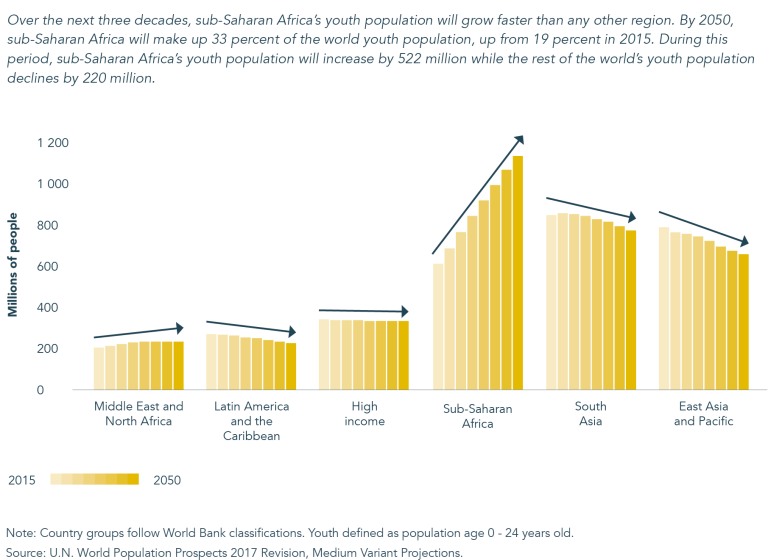
Beginning in 2035, no other group of people will enter the workforce each year more than young Africans. These youths can make a big difference and achieve sustainable development if they are committed to entrepreneurship, technology, and education. In this regard, digital transformation will alter the basic foundation of the economies on the continent and even reverse the growing trend of unemployment on the continent.2
By January 2024, Nigeria had the largest number of internet users on the African continent, with more than 103 million users, while Egypt came in second with over 82 million users. The population of internet users in Africa is expected to grow 51.79% annually up to 2029, by which time there will be an additional 337.3 million users.3
Number of internet users in Africa as of January 2024, by country(in millions)
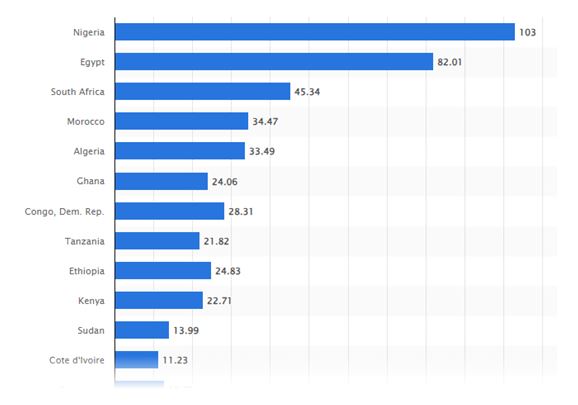
Source: Statista 2024
This growth is important for freelancing, as it allows more people to access global markets and offer a broader range of services online.
For instance, in Nigeria, one of the nations with the largest percentages of internet users globally, cell phones accounted for 86.2 percent of web traffic, while PCs accounted for roughly 13.3 percent. Mobile devices constituted the majority of web traffic in major African digital markets. This is partly because standard desktop PCs with fixed-line internet connections are significantly more expensive and require more infrastructure than mobile access.4
The high number of mobile phone users in Africa has made mobile technology a potent facilitator for freelancers. Due to its ease of accessibility, freelancing has turned out to be a favorite career option that many people have chosen to enable one to work from anywhere and at any time.
Several sectors have seen significant growth in freelance work across Africa, driven by both local demand and international clients seeking skilled professionals.
All around Africa, people are using social media more and more. Such an enormous demand has, in turn, increased the requirement for social media managers, content creators, and digital marketers by exponential proportions.
According to a report published in the We Are Social 2023 Digital Report, social commerce is here to stay, with sales expected to make up 16.7% of all e-commerce sales by 2025. Building trust through social proof, influencer marketing, social customer service, and multichannel purchase options has become necessary as more customers make their first app-based transactions.5
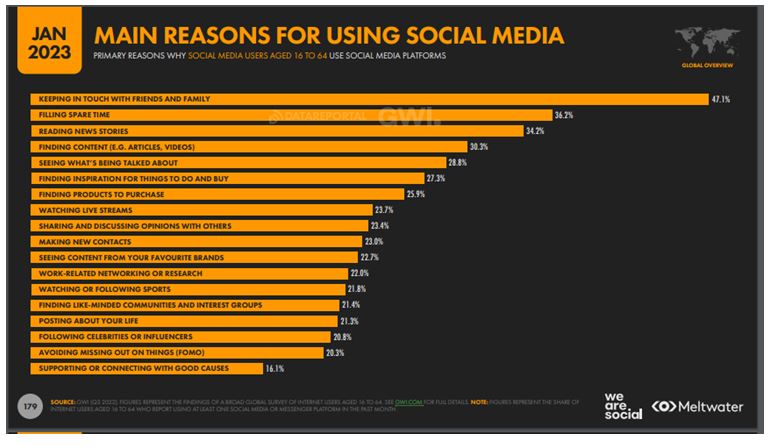
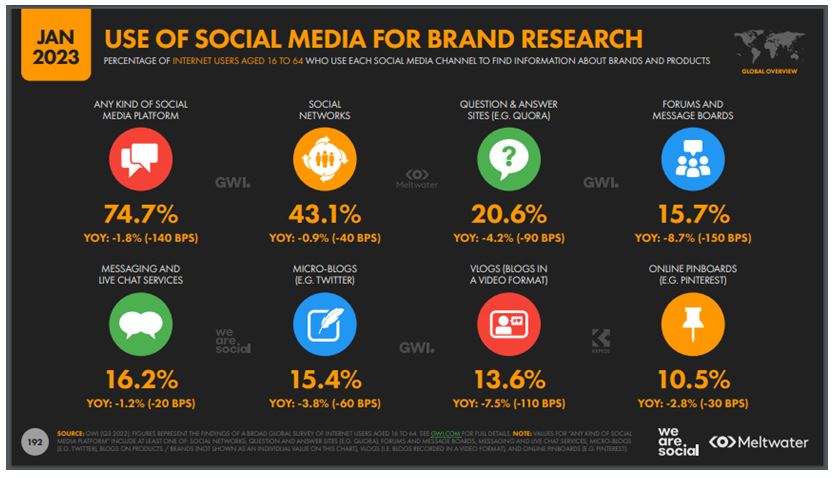
The tech industry is currently Africa’s fastest-growing sector, with rapidly expanding hubs across the continent. Such hubs are vital for the inflow of finance and experience, providing opportunities for technological growth and innovation.
According to CNBC Africa, African digital firms raised $1.4 billion in the first nine months of 2023, including $492.4 million in the third quarter alone. This increasing investment has a direct impact on the number of freelance jobs, which are in high demand, particularly among developers, graphic designers, and IT consultants.6
Meanwhile, Africa’s creative economy is growing in high gear as its lucrative industries like films, music, and fashion keep on booming. According to a study by the International Centre for Research on Women (ICRW), this sector will spur $20 billion in annual sales and 20 million jobs across the continent by the year 2040. The rise promises enormous opportunities for content creators across platforms, many of whom will work as freelancers.7
Unemployment is a striking problem which is at its height in Africa. Every year, 10 to 12 million young people reach an age when they can easily join the job market, but only 3.1 million jobs are created. More tragically, this is the loss of an opportunity to capitalize on probably one of Africa’s greatest assets: a big and increasing population of talented young people. By 2025, an estimated 263 million young people will have no stake in the economic system – a trend that may have far-reaching implications for the future of the continent.8
Young people can earn a living and advance their careers through freelancing, which is a flexible and accessible solution to this problem. This expanding industry gives young people access to a range of opportunities, allowing them to make the most of their abilities and creative thinking in a labor market that is changing quickly.
A study by Hubstaff found that African freelancers earn an average hourly rate of $22, which is competitive with global standards.9
This income potential makes freelancing an attractive option for many young Africans.
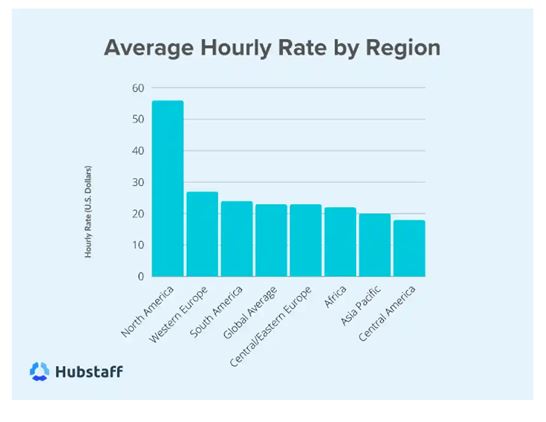
In fact, the number of Africans signing up on international freelance job platforms like Upwork and Fiverr continues to increase every year. However, there is an increasing need for platforms like Workaforce that are designed especially for the African social media jobs market, with an in-depth understanding of the challenges and opportunities associated with the market.
With the freelancing economy continuing to grow, Workaforce is leading the way in connecting African social media freelancers with clients both at home and abroad. Our platform is designed with the specific goal of meeting the unique needs of social media experts around the continent.
Here’s why Workaforce is essential in this dynamic market:
The freelance economy in Africa is growing exponentially, powered by a young energetic population, increasing access to the Internet, and fast-growing demand for all things digital. Such exponential growth opens doors to a wide array of possibilities for freelancers and businesses alike.
At Workaforce, we’re poised in the best position to give this shifting market what it needs: a platform. Whether one is a freelancer in search of new projects or a business seeking to hire top social media talents, Workaforce is here to hook you up with the right opportunities and help you be on top of your game in this vibrant world of social media freelancing.
Empowering Africa’s Digital Future
Welcome to Workaforce, your premier platform for social media jobs. We connect businesses with top social media talent across the continent.
We are passionate about fostering digital growth by linking companies with creative professionals who have the skills to elevate brands and projects.
© Workaforce 2024. All rights reserved.
